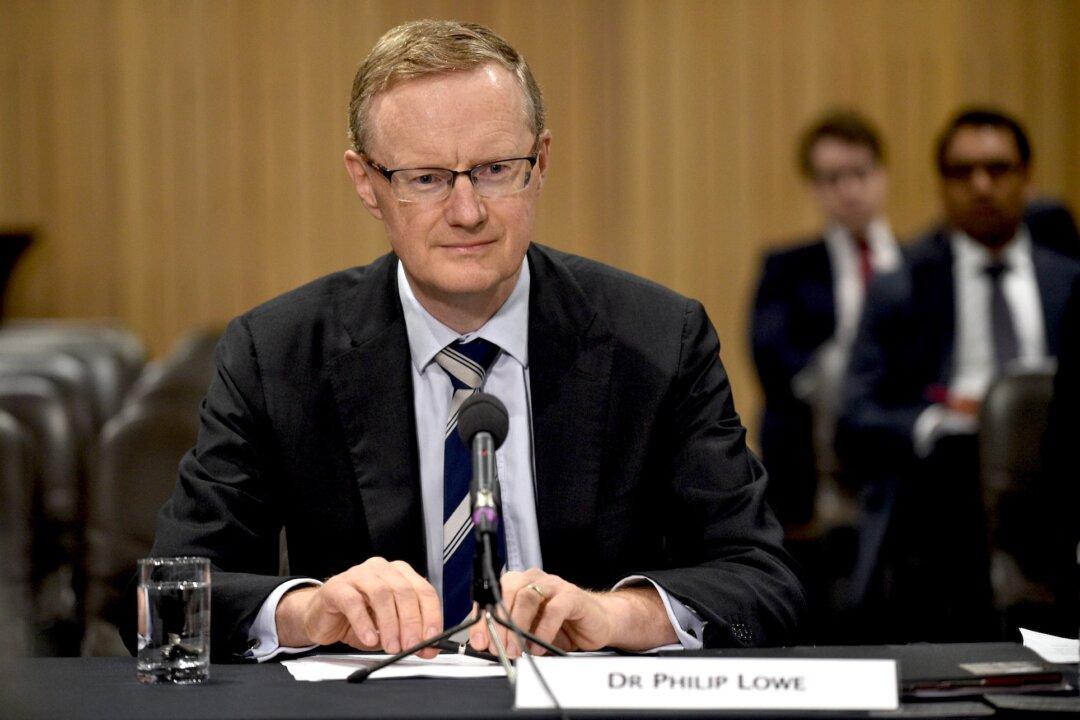Robert Lowe, governor of the Reserve Bank of Australia (RBA), said on April 21 that Australia should not expect to “return quickly to business as usual” after the CCP virus ended.
Discussion on Australia’s post-pandemic economic future became rife following the RBA’s prediction that the country was experiencing one of the worst economic episodes since the Great Depression.





